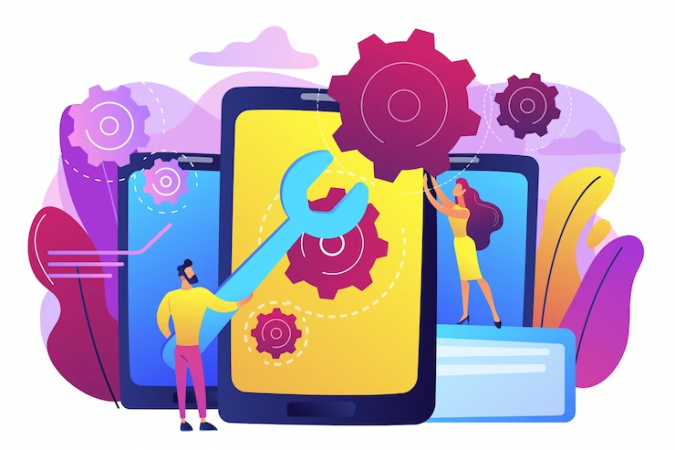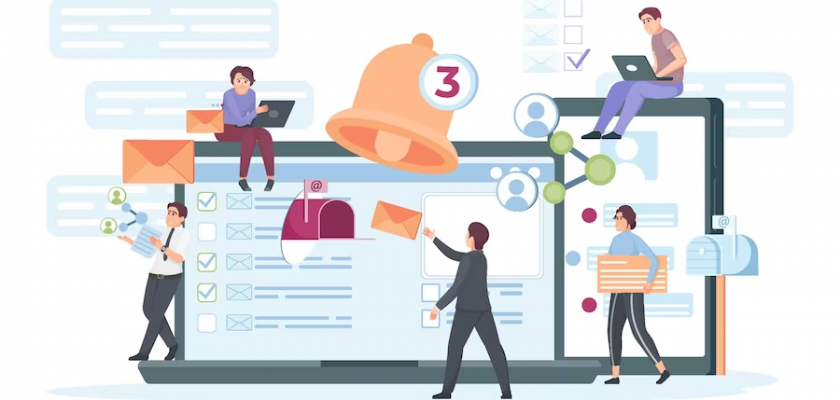eCommerce personalization refers to tailoring the shopping experience for individual customers based on their preferences, behaviors, and needs. Personalization can be achieved through various methods, such as product recommendations, targeted marketing, and customized content.
With the help of personalization, eCommerce retailers can improve customer engagement, increase sales, and build brand loyalty. We will explore many such benefits of personalization in ecommerce here. Read on to know more:
Highlights of Contents
Importance of Personalization in eCommerce
eCommerce personalization software can play a significant role in your business because it can help increase customer engagement, loyalty, and revenue. When customers feel that their needs and preferences are being met, they are more likely to return to a business for future purchases and recommend the business to others. Personalization can also help companies to stand out by providing a unique and satisfying shopping experience.
Some popular eCommerce platforms offering customization include Shopify, WooCommerce, Magento, and BigCommerce. These platforms provide a range of personalization features, such as product recommendations, email marketing campaigns, and customized landing pages.
To personalize the shopping experience, businesses must first understand customer expectations. This can be achieved by analyzing customer data to identify patterns and trends in behavior. Creating customer personas can help understand the needs and preferences of different customer segments. Many companies hire software developers to implement these strategies as they provide flawless services.
Also Read: How to Offshore The Right Ecommerce Development Team
Benefits of eCommerce Personalization
Personalization has become an essential part of eCommerce for the following reasons:
1. Increased Customer Engagement
Personalization increases customer engagement by providing a customized shopping experience. Customers who feel their preferences and needs are being considered are more likely to engage with the brand and purchase.
2. Improved Customer Satisfaction
Personalization improves customer satisfaction by providing relevant and targeted product recommendations. Customers are more likely to be satisfied with their shopping experience when they find they are getting what they are looking for quickly and easily.
3. Higher Conversion Rates
Personalization can increase conversion rates by providing customers with relevant product recommendations and targeted marketing messages. When customers are presented with products that match their preferences and needs, they are more likely to purchase. An eCommerce app development company ensures to achieve this goal and gain higher conversion.
4. Better Insights & Analytics
By tracking customer behavior and preferences, eCommerce businesses can gain valuable insights into customer needs and behaviors, which can be used to improve marketing strategies and product offerings.
5. Competitive Advantage
In today’s digital age, customers expect personalized experiences. By providing personalized shopping experiences, eCommerce businesses can differentiate themselves from their competitors and gain a competitive advantage.
6. Cost-effective Marketing
Personalized marketing campaigns can be more effective than generic ones, as they target specific customers more likely to engage with them. This can result in higher conversion rates and a lower cost per acquisition.
7. Improved Customer Data Collection
Personalization requires collecting and analyzing customer data, which can help eCommerce businesses better understand their customers and improve their offerings.
8. Increased Customer Lifetime Value
By providing a personalized shopping experience and building strong customer relationships, eCommerce businesses can increase customer lifetime value and generate more revenue over time.
Also Read: Know The Key Differences Between B2B and B2C eCommerce Websites
Tools & Techniques For eCommerce Personalization

With the help of eCommerce app development services, you can ensure the successful implementation of the tools and techniques for personalizing your eCommerce. Here are the various tools & techniques that can help you.
1. Personalized Product Recommendations
Personalized product recommendations are among the most effective ways to provide a personalized shopping experience. Retailers can use various data points such as browsing history, purchase history, and customer behavior to provide personalized product recommendations.
2. Targeted Marketing
Targeted marketing involves creating marketing messages tailored to specific customer segments. Retailers can use data points such as demographics, behavior, and purchase history to create targeted marketing messages.
3. Customized Content
Customized content involves creating content tailored to specific customer segments. Retailers can use various data points such as demographics, behavior, and purchase history to create customized content.
4. Chatbots
Chatbots can provide a personalized shopping experience by interacting with customers in real time. Chatbots can provide customized product recommendations and answer customer queries.
5. A/B Testing
A/B testing involves testing two or more web page versions to determine which version performs better. A/B testing can be used to test personalized content and product recommendations.
6. Customer Surveys
Customer surveys can be used to gather feedback from customers regarding their shopping experience. Retailers can use this feedback to improve their personalization efforts. For example, an eCommerce business might survey to gather feedback on a new product before launching it to ensure it meets customer needs and preferences.
7. Machine Learning
Machine learning can be used to provide more accurate product recommendations and targeted marketing messages. Machine learning algorithms can analyze customer data to provide personalized recommendations.
8. User Experience (UX) Design
UX design involves creating a user-friendly and personalized shopping experience. Retailers can use UX design principles to create a shopping experience tailored to individual customers.
9. Predictive Analytics
Predictive analytics involves analyzing customer data to predict future behavior and preferences. This can help eCommerce businesses to provide more personalized recommendations, marketing campaigns, and product offerings.
To perform predictive analytics, eCommerce businesses typically use machine learning algorithms to analyze large amounts of customer data. This data can include past purchases, browsing history, and demographic information.
10. Personalized Promotions & Discounts
eCommerce businesses can offer personalized promotions and discounts based on customer behavior and preferences. For example, customers who have abandoned their shopping cart may be offered a discount to incentivize them to complete their purchase.
One way to personalize promotions is by analyzing customer data, such as browsing history and purchase behavior, to identify products or categories the customer is interested in.
11. Gamification
Incorporating gamification techniques such as loyalty programs, badges, and points systems to engage and motivate customers. Some common examples of gamification in eCommerce include loyalty programs, points systems, badges, and challenges. These techniques encourage customers to engage with a brand by offering rewards, recognition, and a sense of achievement.
Conclusion
Personalization is necessary for eCommerce retailers who wish to provide a shopping experience that meets customer expectations. Various tools and techniques can be used to achieve personalization, including personalized product recommendations, targeted marketing, customized content, chatbots, A/B testing, customer surveys, machine learning, and UX design. By implementing these methods, retailers can increase customer engagement and improve customer satisfaction. Consider hiring eCommerce app developers if you need eCommerce development expertise.
